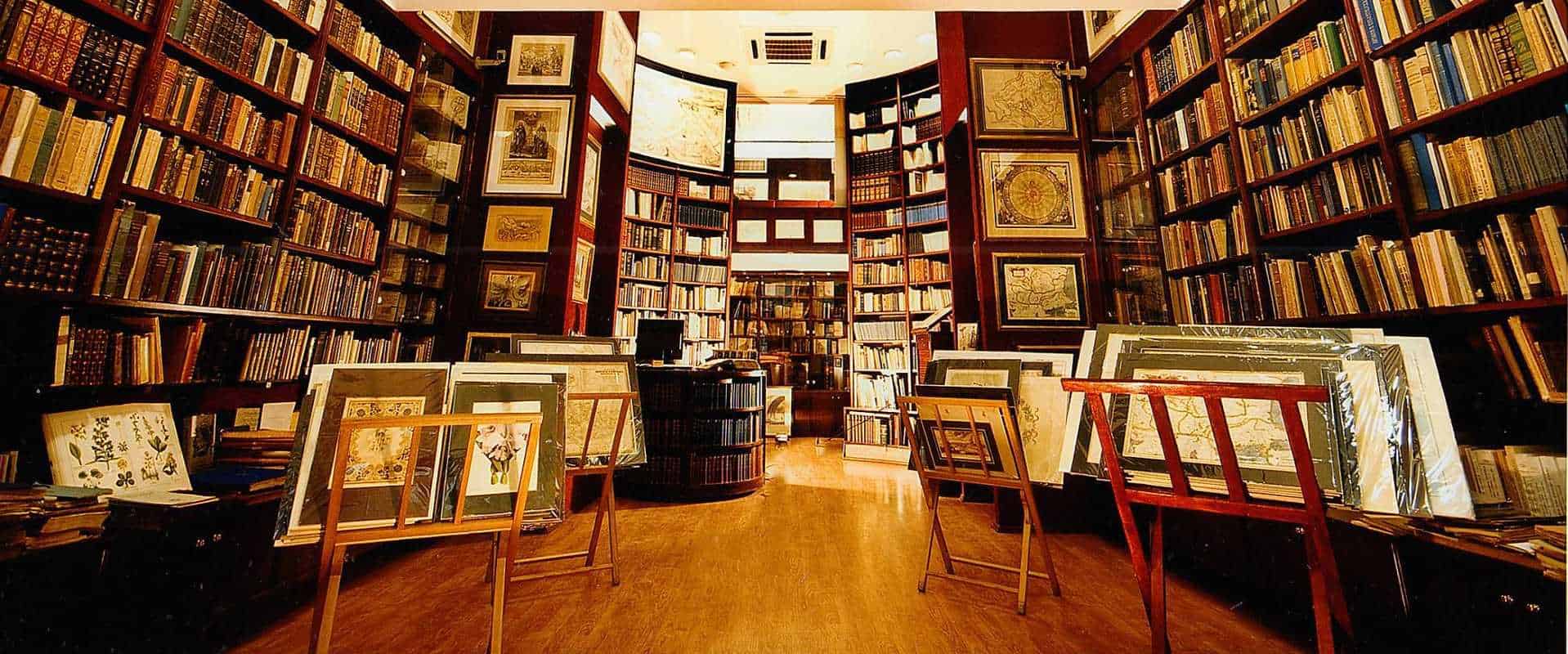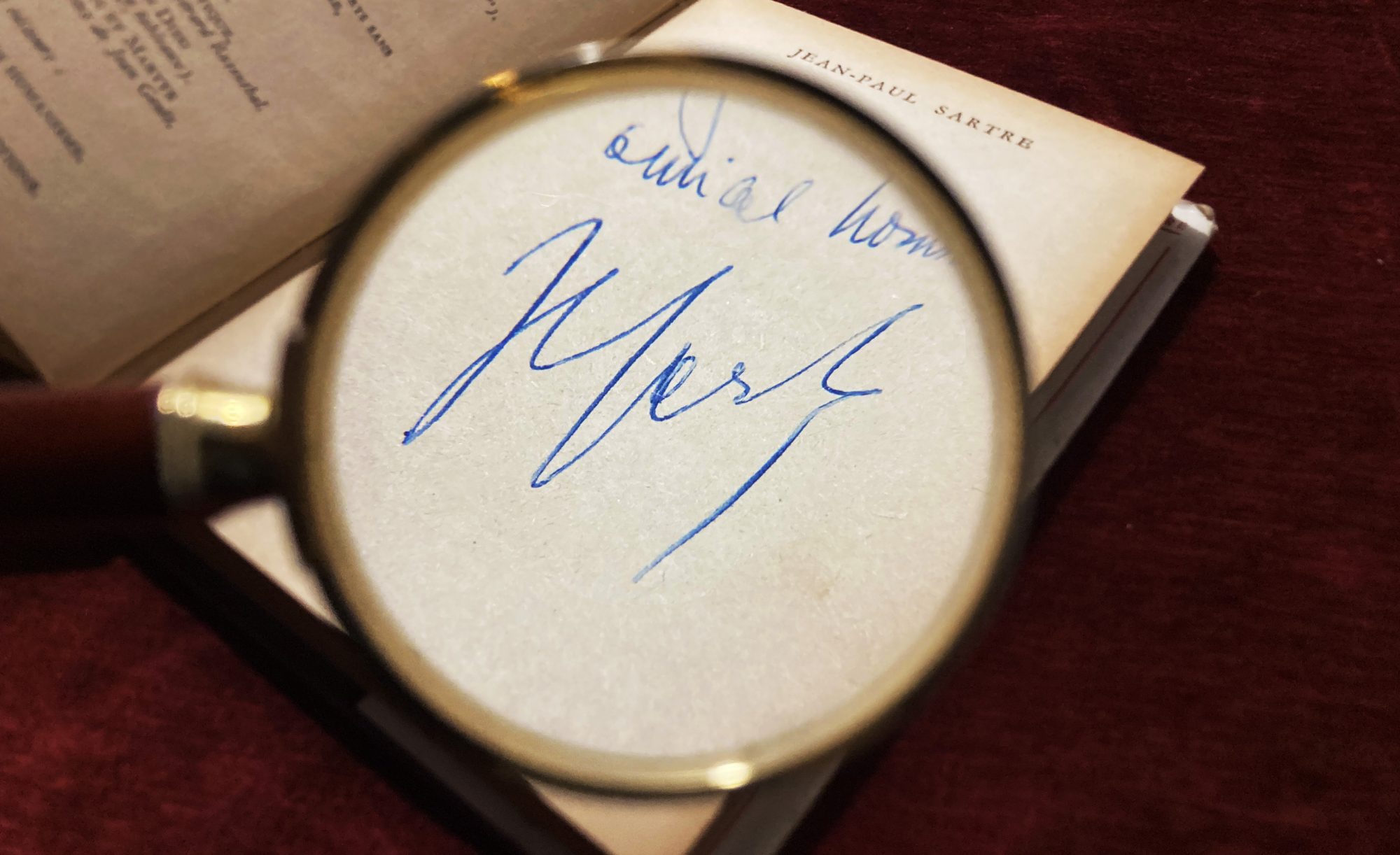
Blog
Collecting 102 – Where to buy antiques – pros and cons
Collecting 102 – Where do I get antiques?
So, you are interested in collecting antiques or giving a unique gift to somebody you care about. You have your field of interest well defined, and you are ready to make the first move towards entering the world of antiques. The first question that comes to your mind is – where can I get myself an antique? There are a few options that you might consider; we will list in this article the pros and cons of every method.
Auction Houses
Auction houses are where the community of antique buyers gathers. There’ll be more talk on the auction houses in another chapter. For now, we’ll try and give you an idea of what’s happening in these mysterious buildings.
I’d like to debunk some myths about auction houses that you probably believe in. The first thing that comes to mind when these institutions are mentioned is a hall full of billionaires bidding and rising the price of that Van Gog’s painting for a million each bid. Granted, most of the items on auctions tend to be a bit more expensive. However, you can find a lot of cheaper items too, so there is something for everyone.
Up until now, you may have believed that you have to be a multimillionaire and you can’t get in an auction house “just like that”. These institutions don’t exclusively accept the 1%. All you need to do is go to the house’s website to see the terms of sale. While there are general rules, but please keep in mind that the policies of auction houses vary from house to house. So, take a moment to read the terms and conditions of the sale. Some houses require a deposit to participate, some require membership, while others are free for everyone to participate. Usually, auction houses give you assurances that items for sale are original.

Sold!
Pros:
- Items posted for sale have strong claims of authenticity and (usually) anti-fraud insurance.
- You can meet some people that share your interest.
- Bidding and winning an item is a very interesting and extremely satisfactory experience!
Cons:
- This is where items are sold for the highest price in respect of all the other acquisition methods.
- Specialized auctions don’t have a lot of variety and there is a lot of competition.
- Sales taxes and auction house fees (after the sale) can be very high.
- Sellers are anonymous and trying to strike a deal with them might be against policy or even illegal, depending on the country and regulations.
- Auctions are held only a few times a year, depending on the house.
Antique Shops
The first thing that may come to mind when one thinks about antique shops is overpriced old furniture. That’s incorrect, as most antique shops specialize in specific sorts of items. In old bookshops you can (naturally) find books, however, engravings and manuscripts are also common. In art galleries, you can find paintings, graphics, and similar items. Usually, shop owners tend to be connected with other owners that have different sorts of items, so it doesn’t hurt to ask the owner if you’re looking for something in particular. He might find it for you or direct you to someone else that might have what you want. Usually, it takes a degree of knowledge about everything on the market to start a shop, so shopkeepers tend to know many things outside their area of expertise.
Pros:
- It’s very rare to find a fake in an antique shop, for the reputation of the shop owner is at stake.
- You connect with other sellers that will do what they can to find the item that you are looking for.
Cons:
- If abroad, take good care of the customs regulation of the country you are in. You might have bought an item that’s illegal to export
- without proper paperwork. Ask the owner of the shop about this before purchase!
- If you want a receipt, you can’t haggle.
- The more prominent the shop, the more overpriced the items, be warned!

Online Shops
At first, selling antiques online may sound somewhat unsafe and unorthodox. And that’s because there are not too many antique shops online and they tend not to advertise. Now let’s see what kind of sellers are there on the web.
There are two kinds of sellers on the internet – users of platforms like eBay, Amazon, etc., and private sellers. Usually, the latter have their website as an extension of their shops with the same items that are for sale in the shops. The difference is that if you order an item from an online store you have to pay the shipping and handling expenses. In most cases, you will get a receipt along with your item as proof of purchase and ownership. If you don’t get the receipt, don’t be alarmed – that’s done so as to avoid making you pay for sales taxes if the item has to go through customs so you save time and money.
Platforms
Platform users might or might not have a store in the real world, but their rating on the platform is what’s important. Platforms are very safe to use since platform policies protect the buyer. For example, on eBay, the buyer can return the item within 14 days of the delivery and get the money back. The feedback system on the platforms is a good indicator of the store’s quality and trustworthiness and that’s the thing that you always have to keep in mind while purchasing items.
Stores
If you know the seller, you might ask them for a discount. Usually, platform sellers will give you a discount if you pay for the item off the platform. That is against policy and you don’t have the insurance but you might get items cheaper since a large percentage of the sale goes to the platform. Don’t expect platform sellers to give you a receipt, as you have the transaction ID on PayPal or on your bank account record.
While buying from a platform store, please read carefully the item specifics, you don’t want to end up buying a reprint of something thinking it’s the original (even if stated otherwise).
Pros:
- Platform policies protect the buyer.
- You can always ask if the seller has more from where that came from.
- You can buy items not listed for a cheaper price if you know your seller.
- The seller’s rating is the assurance of trustworthiness.
- Haggling is an option for certain items.
Cons:
- Shipping expenses, sales taxes, and customs charges can give you a nasty surprise cost-wise, as these are the so-called “hidden expenses”.
- Sometimes items can get stuck in transit ie waiting to be cleared through customs.
Reminder: Sigedon Books and Antiques will never charge the buyer hidden expenses, as price and shipping expenses are clearly stated in the item specifics and there are no additional fees that the buyer has to pay.
Picture 1 taken from http://www.thefactsite.com/













